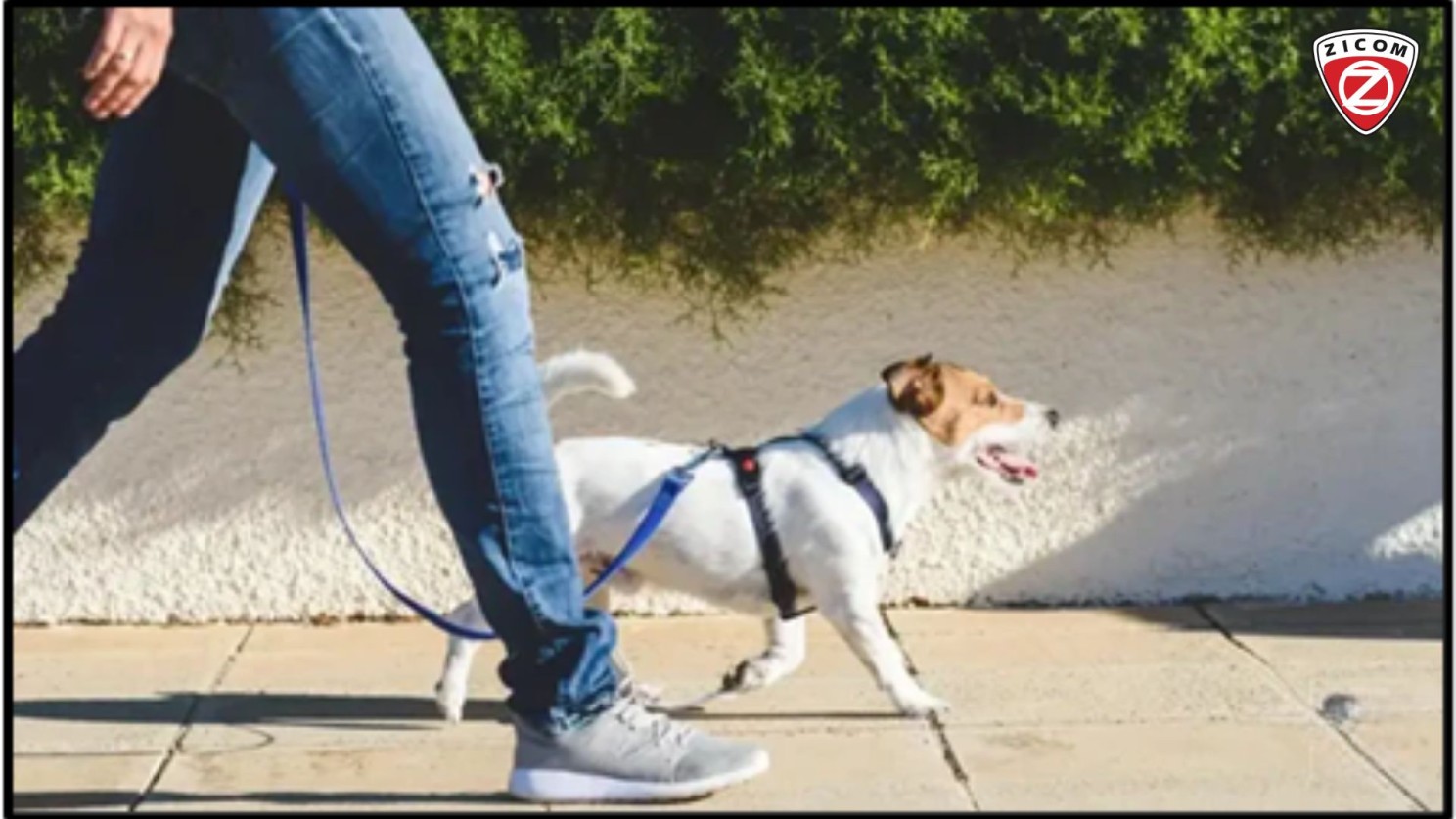The Benefits Of Pet Ownership For Seniors: Improving Quality Of Life

By Captain India
Introduction Pet ownership holds tremendous benefits for seniors, enhancing their overall well- being and quality of life in numerous ways. Beyond mere companionship, pets offer seniors a sense of purpose, increased physical activity, and emotional support. In this comprehensive guide, we delve into the multifaceted advantages of pet ownership for seniors, exploring how it can combat loneliness, boost mental health, and promote a fulfilling lifestyle in the golden years.
1. Companionship and Social Connection Loneliness and social isolation are prevalent issues among seniors, leading to adverse effects on their physical and mental health. Pet ownership provides seniors with constant companionship and unconditional love, mitigating feelings of loneliness and providing a sense of purpose. Pets offer seniors a source of social interaction and emotional support, fostering meaningful connections and reducing feelings of isolation.
2. Physical Health Benefits Owning a pet encourages seniors to engage in regular physical activity, whether it’s walking a dog, playing with a cat, or caring for small animals. This increased activity helps seniors maintain mobility, improve cardiovascular health, and reduce the risk of chronic conditions such as obesity and heart disease. Moreover, the routine of pet care, including feeding, grooming, and exercising, promotes a structured daily routine and encourages seniors to stay active and engaged.
3. Mental Health and Emotional Well-Being Pets have a profound impact on seniors’ mental health and emotional well-being, providing comfort, companionship, and emotional support. Interacting with pets has been shown to reduce stress, anxiety, and depression levels among seniors, promoting feelings of happiness, relaxation, and emotional resilience. Pets offer unconditional love and nonjudgmental companionship, serving as trusted confidants and sources of emotional comfort during challenging times.
4. Sense of Purpose and Responsibility Caring for a pet instills seniors with a sense of purpose, responsibility, and self- worth, giving them a reason to get up in the morning and stay active throughout the day. The daily tasks associated with pet care, such as feeding, grooming, and providing affection, provide seniors with a sense of accomplishment and fulfillment. Pets rely on their owners for love and care, fostering a strong bond and mutual dependence that brings joy and purpose to seniors’ lives.
5. Cognitive Stimulation and Mental Engagement Interacting with pets stimulates cognitive function and mental engagement among seniors, helping to keep their minds sharp and active. Playing with pets, teaching them tricks, and solving problems related to pet care provide seniors with mental stimulation and cognitive challenges that promote brain health and cognitive vitality. Moreover, the companionship and social interaction offered by pets stimulate conversation and engagement, preventing cognitive decline and promoting overall mental well-being.
6. Overcoming Common Challenges While pet ownership offers numerous benefits for seniors, it’s essential to address common challenges and considerations associated with caring for pets in later life. Seniors should choose pets that match their lifestyle, activity level, and care needs, taking into account factors such as size, temperament, and grooming requirements. Additionally, seniors should plan for the financial responsibilities of pet ownership, including veterinary care, food, and supplies, to ensure they can provide adequate care for their pets.
Conclusion In conclusion, pet ownership can significantly enhance the quality of life for seniors, providing companionship, purpose, and improved physical and mental health in their golden years. By embracing the joys of pet ownership and overcoming common challenges, seniors can experience the numerous benefits that pets offer, including





